The Greek Orthodox 2025 Calendar: A Comprehensive Guide to the Liturgical Year
Related Articles: The Greek Orthodox 2025 Calendar: A Comprehensive Guide to the Liturgical Year
- Calendario 2025 Maggio: Un Mese Pieno Di Eventi E Celebrazioni
- International Holiday Calendar 2025: A Comprehensive Guide
- 2025 Calendar Word Template: A Comprehensive Guide
- 2025 Peru Calendar: A Comprehensive Guide
- 2025 School Calendar QLD Template: A Comprehensive Guide For Planning The Academic Year
Introduction
With enthusiasm, let’s navigate through the intriguing topic related to The Greek Orthodox 2025 Calendar: A Comprehensive Guide to the Liturgical Year. Let’s weave interesting information and offer fresh perspectives to the readers.
Table of Content
Video about The Greek Orthodox 2025 Calendar: A Comprehensive Guide to the Liturgical Year
The Greek Orthodox 2025 Calendar: A Comprehensive Guide to the Liturgical Year

The Greek Orthodox Church, with its rich history and vibrant traditions, follows a liturgical calendar that governs the annual cycle of worship and commemorations. The 2025 calendar, like its predecessors, is a comprehensive guide to the liturgical year, providing insights into the Church’s beliefs, practices, and spiritual journey.
Introduction to the Liturgical Calendar
The Greek Orthodox liturgical calendar is based on the Julian calendar, which was introduced by Julius Caesar in 46 BC. It differs from the Gregorian calendar, which is commonly used today, by approximately 13 days. As a result, the dates of certain feasts and observances in the Greek Orthodox calendar may not align with those in the Gregorian calendar.
The liturgical year is divided into two main periods: the Paschal cycle and the Pentecostarion. The Paschal cycle, which begins with the Sunday of the Publican and the Pharisee, focuses on the events leading up to and including the Resurrection of Christ. The Pentecostarion, which begins on the Sunday of Pentecost, commemorates the descent of the Holy Spirit upon the Apostles and the birth of the Church.
Major Feasts and Observances
The Greek Orthodox calendar is marked by a number of major feasts and observances that hold great significance for the faithful. These include:
- The Great Feasts: These are the most important feasts in the liturgical year and include Christmas, Theophany, Easter, and Pentecost.
- The Minor Feasts: These are feasts that commemorate saints, martyrs, and other important events in the Church’s history.
- Fasting Periods: The Greek Orthodox Church observes several fasting periods throughout the year, including Great Lent, the Fast of the Apostles, and the Dormition Fast.
- Holy Days: These are days dedicated to special services and commemorations, such as the Feast of the Holy Cross and the Feast of the Annunciation.
Navigating the Calendar
The Greek Orthodox 2025 calendar provides a detailed overview of the liturgical year, listing the dates of major feasts, fasting periods, and holy days. It also includes information on the daily readings from the Bible, the hymns of the day, and the saints commemorated on each day.
To navigate the calendar effectively, it is important to understand the following terms:
- Typikon: This is a book that contains the rules and regulations for the liturgical services of the Church.
- Menologion: This is a book that lists the saints commemorated on each day of the year.
- Horologion: This is a book that contains the daily prayers and hymns of the Church.
The Importance of the Calendar
The Greek Orthodox liturgical calendar serves several important purposes for the faithful:
- It guides the worship and spiritual life of the Church. The calendar determines the themes and focus of the services throughout the year, providing a framework for spiritual growth and reflection.
- It preserves the Church’s traditions and history. The calendar includes feasts and commemorations that have been observed for centuries, connecting the faithful to the Church’s rich past.
- It fosters a sense of community. The shared experience of following the liturgical calendar unites Orthodox Christians around the world, creating a sense of belonging and common purpose.
Conclusion
The Greek Orthodox 2025 calendar is an indispensable resource for Orthodox Christians, providing a comprehensive guide to the liturgical year. It offers insights into the Church’s beliefs, practices, and spiritual journey, fostering a deeper understanding of the Orthodox faith. By following the calendar, the faithful can participate fully in the Church’s worship and experience the transformative power of its traditions.
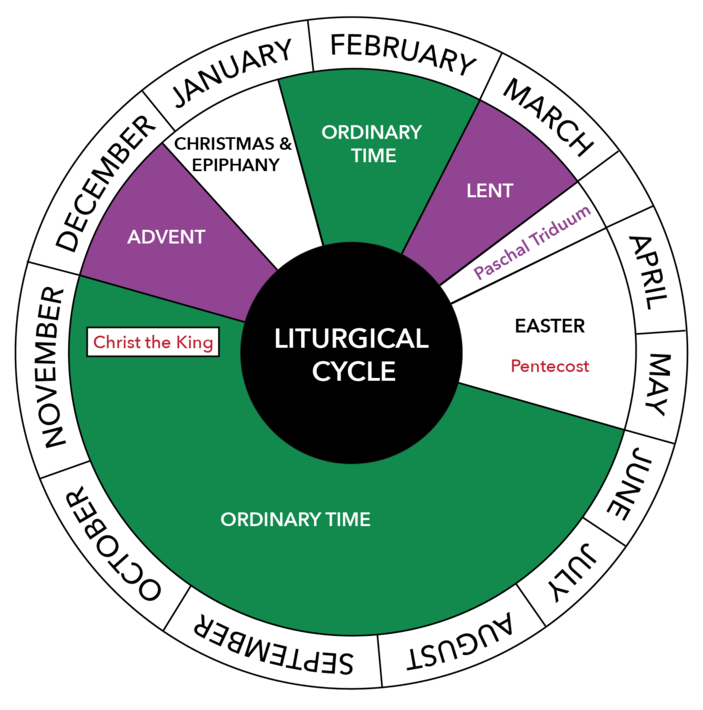
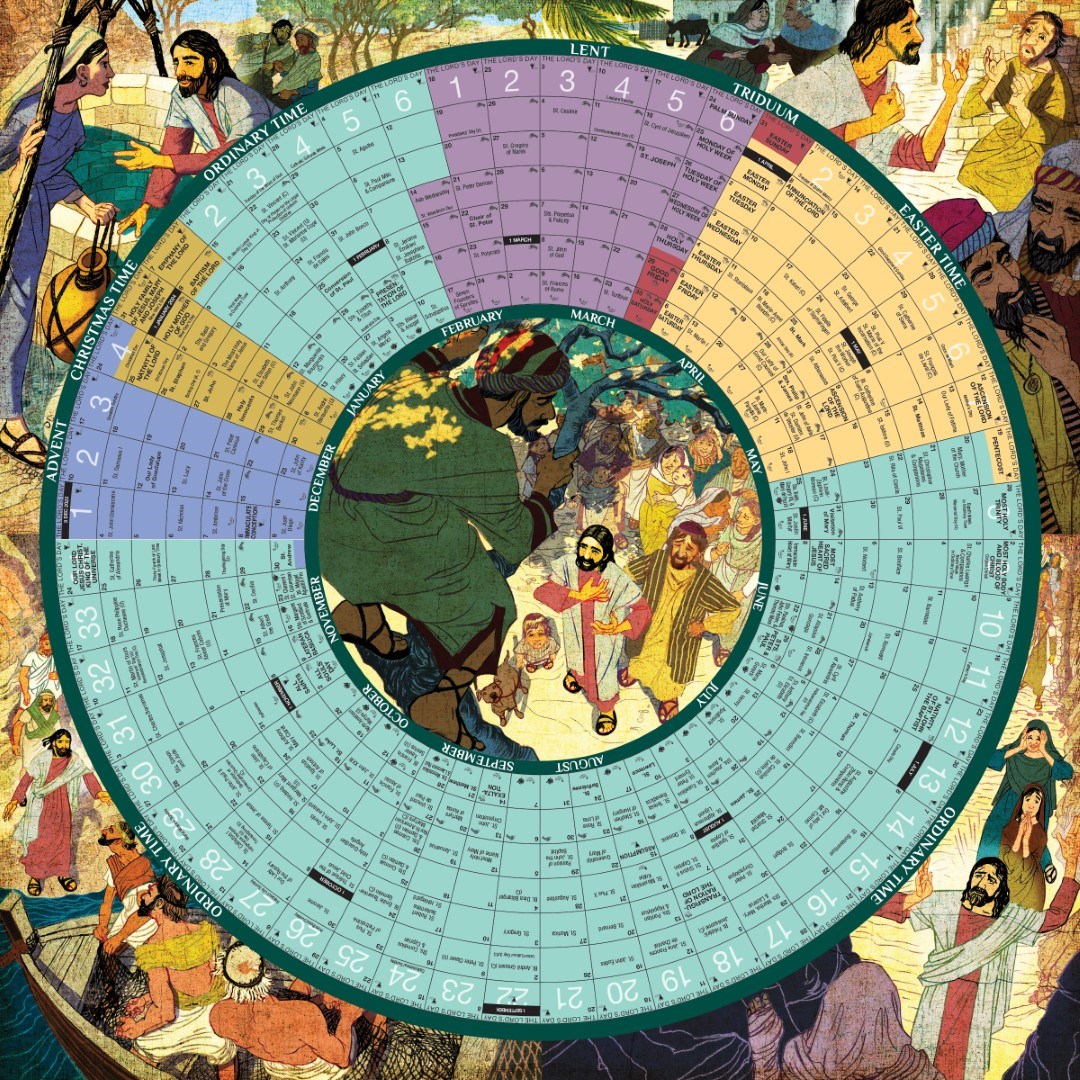
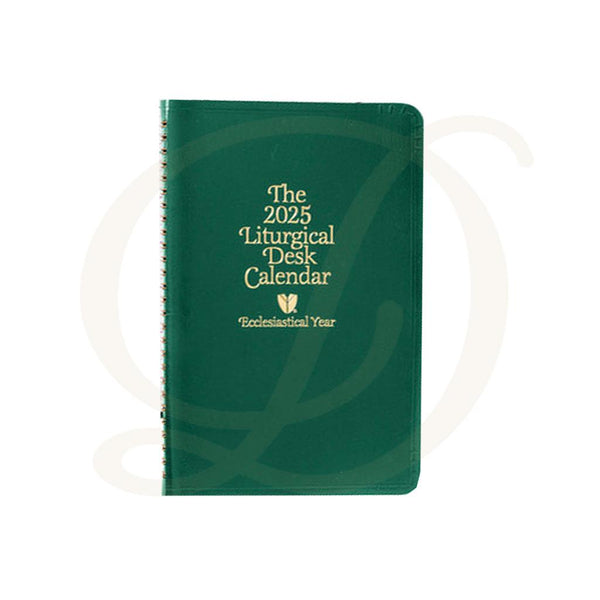
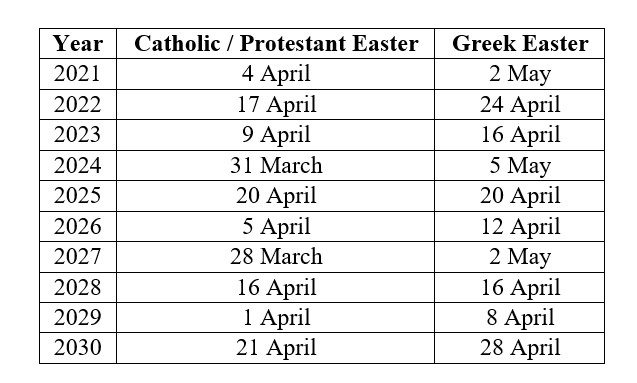
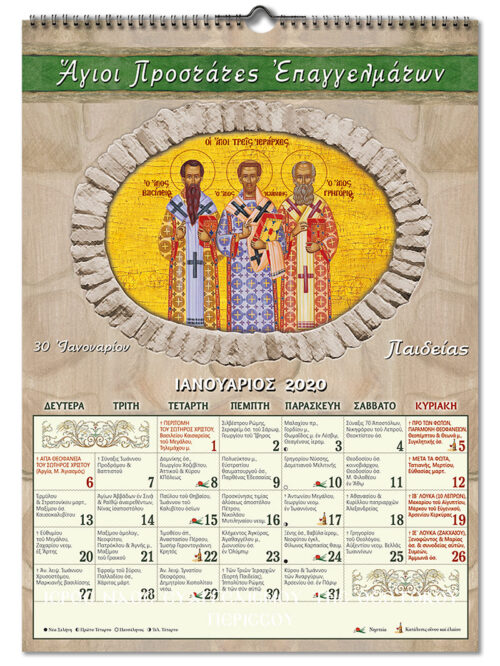
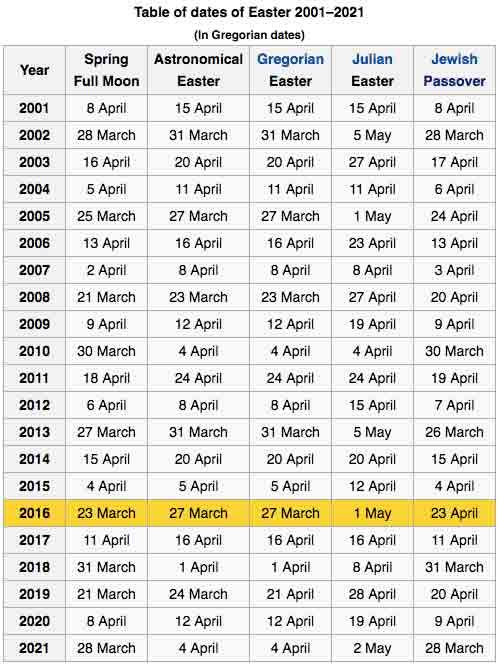
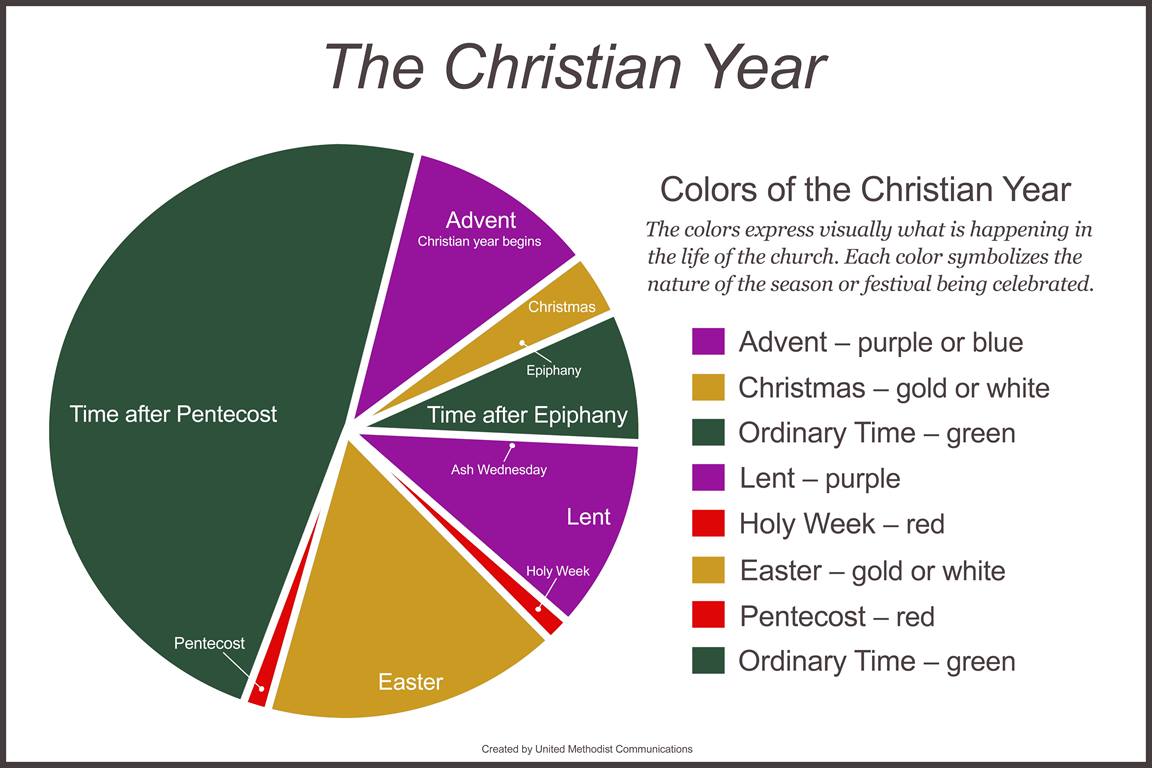
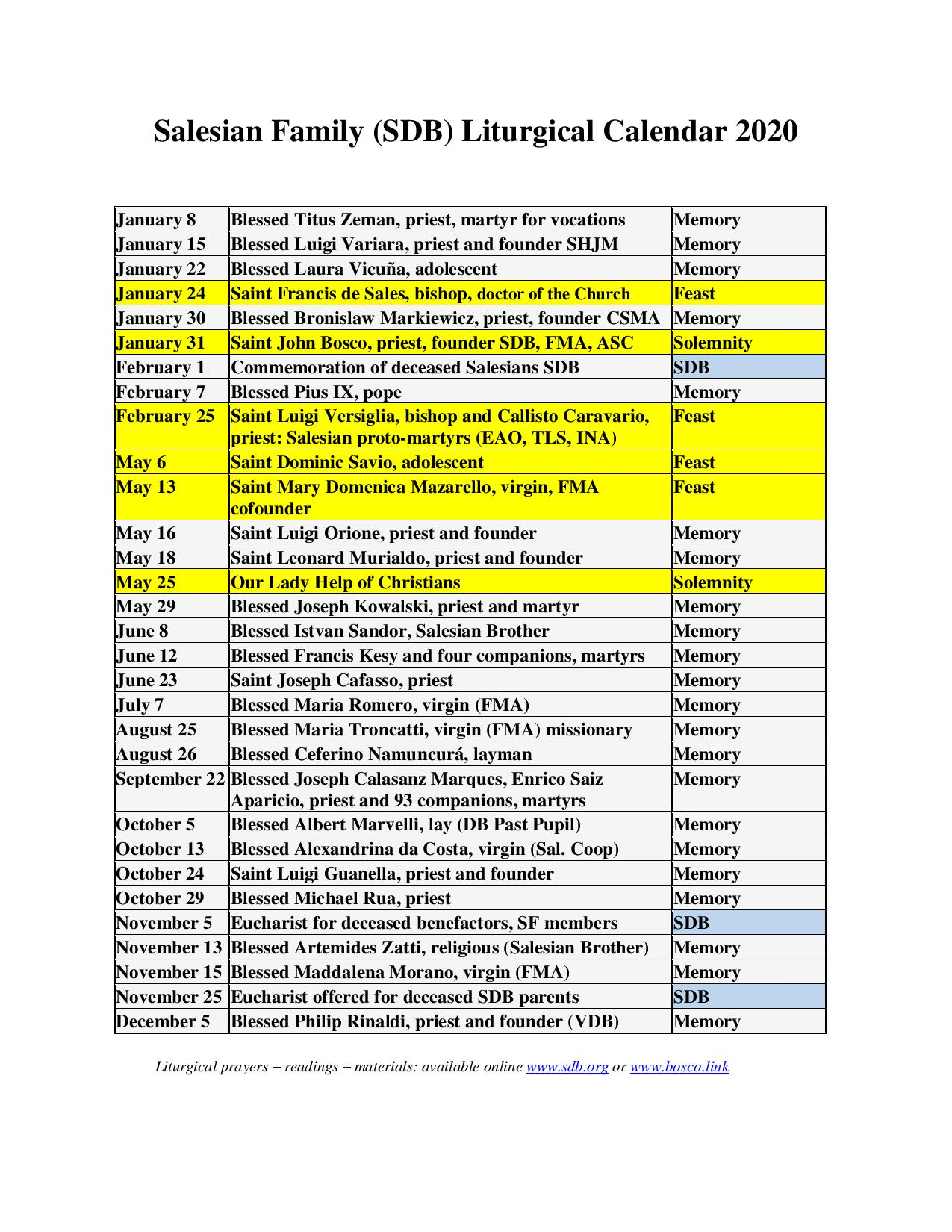
Closure
Thus, we hope this article has provided valuable insights into The Greek Orthodox 2025 Calendar: A Comprehensive Guide to the Liturgical Year. We appreciate your attention to our article. See you in our next article!